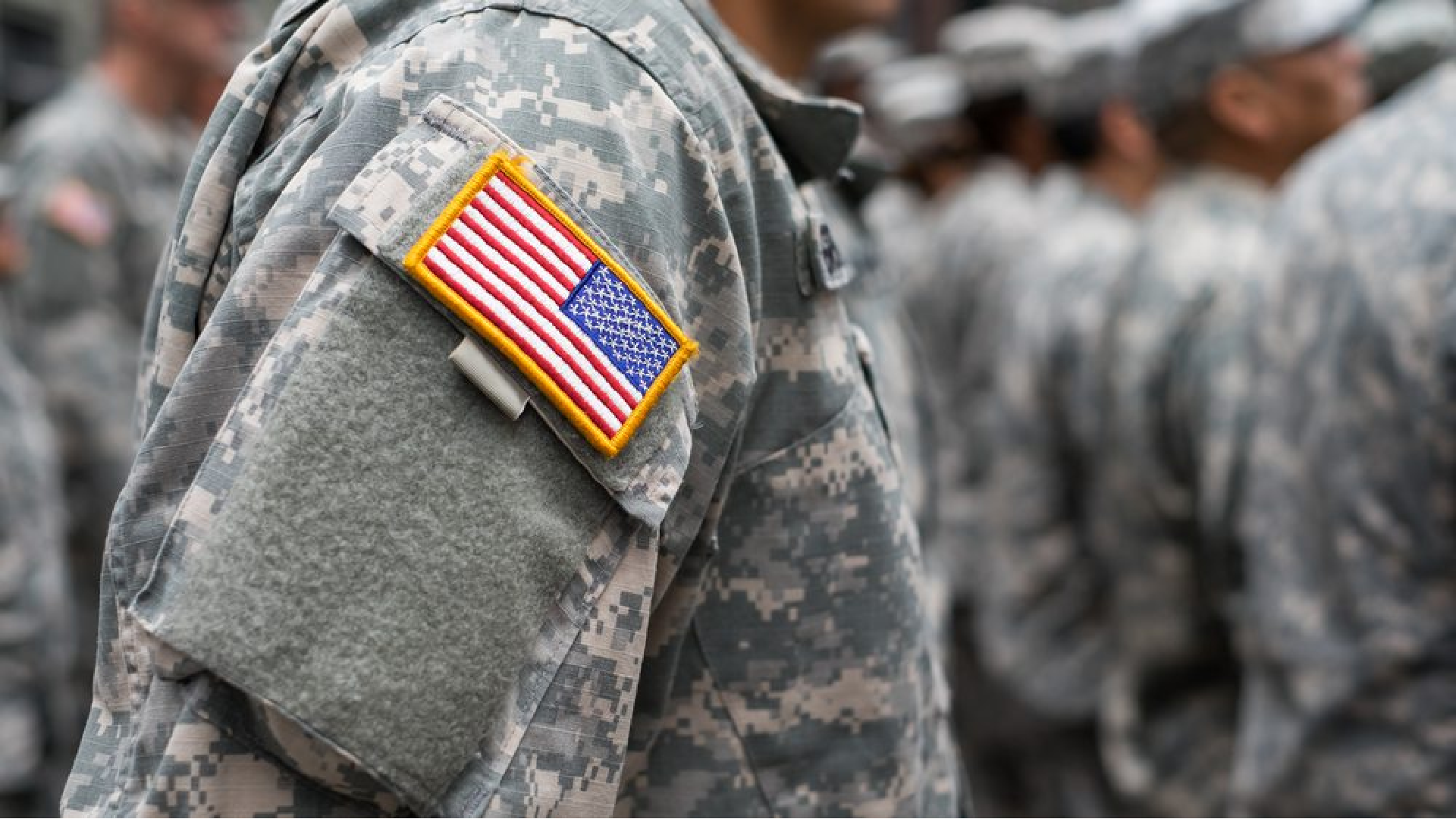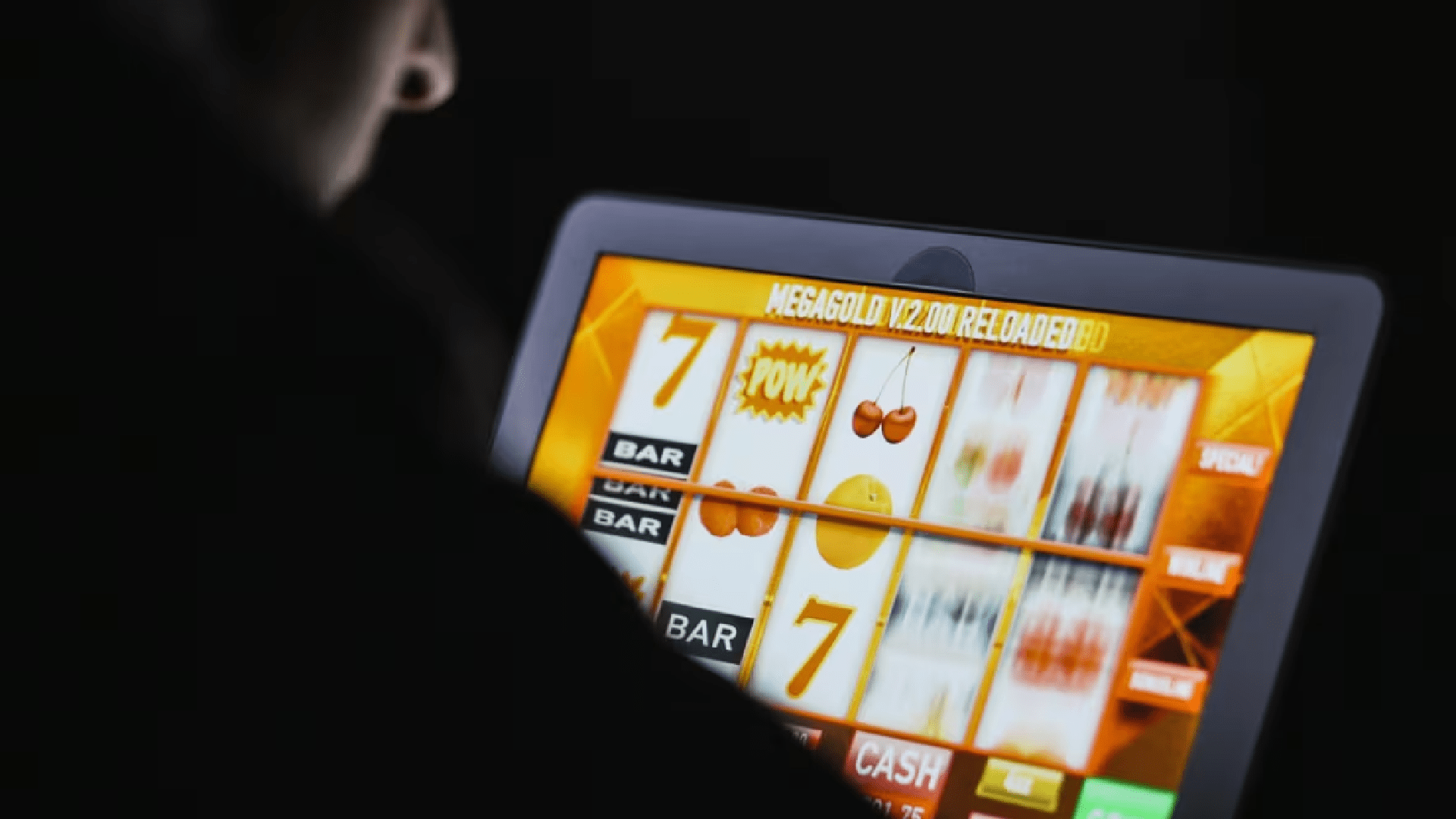
The strongest military in the world, the US Department of Defense, is housed in the Pentagon.
No foreign military could invade the United States, and many military analysts believe that the Department of Defense would still win if the whole world banded together to oppose the United States, mostly because of its arsenal of nuclear weapons.
However, protecting its military troops from the risks of gambling is one area where the US might not be sufficiently safeguarded.
The United States Government Accountability Office (GAO) examined how DOD installations handle employees who experience gambling problems in a report that was prompted by Congress through the 2024 National Defense Authorization Act. The DOD must act quickly to support servicemembers, according to the independent, nonpartisan government organization that audits, assesses, and looks into the federal government and says it returns $338 for every dollar invested.
Something Must Be Done
The Defense Department added gambling problems to its list of substance misuse guidelines in January. The update included guidance on how DOD and its military units can help prevent and manage gambling-related issues.
The GAO discovered that the update had a flaw in that it did not specify who should be in charge of carrying out these programs, including educating employees on how to avoid, evaluate, diagnose, and treat gambling addictions.
“Each military service has substance use policies and procedures that include gambling disorder. However, these policies do not fully reflect all the changes made to the DOD instruction because, according to officials, the services have not updated their guidance to meet the new requirements for gambling disorder,” the GAO report read.
"By defining all roles and responsibilities for gambling disorder prevention and treatment, and by ensuring that subsequent updates are made to service-specific guidance to meet the new requirements for gambling disorder, DOD can increase its ability to address issues related to gambling among service members,” the key findings continued.
The Defense Department received nine recommendations from the GAO, all of which focused on updating the DOD and its installations' guidance on gambling disorders to make sure that designated personnel are prepared and equipped to help those who suffer from them. The Army, Navy, Air Force, and DOD received the GAO's recommendations.
Slots for the Military
According to a report by Casino.org, the US military still runs slot machines on locations abroad. Service personnel can wager real money on the slots. Over $100 million is made annually by the US military's slots.
The DOD asserts that the funds produced by the machines are "reinvested in quality of life programs, including childcare and fitness programs, that focus on morale, welfare, and recreation." However, these gaming businesses "do not consistently include guidance with clear requirements for responsible gaming practices," according to the GAO assessment.
This includes not requiring signs about responsible gaming and information about where to receive treatment for gambling disorders to be placed around the machines.
"By issuing guidance with clear requirements for responsible gaming practices at overseas installations, the military services could help prevent or respond to problem gambling by users of their recreational gaming machines,” the GAO findings read.
According to the GAO research, because they are younger and more risk-taking than the general population, military personnel are more likely to suffer from gambling disorders.





